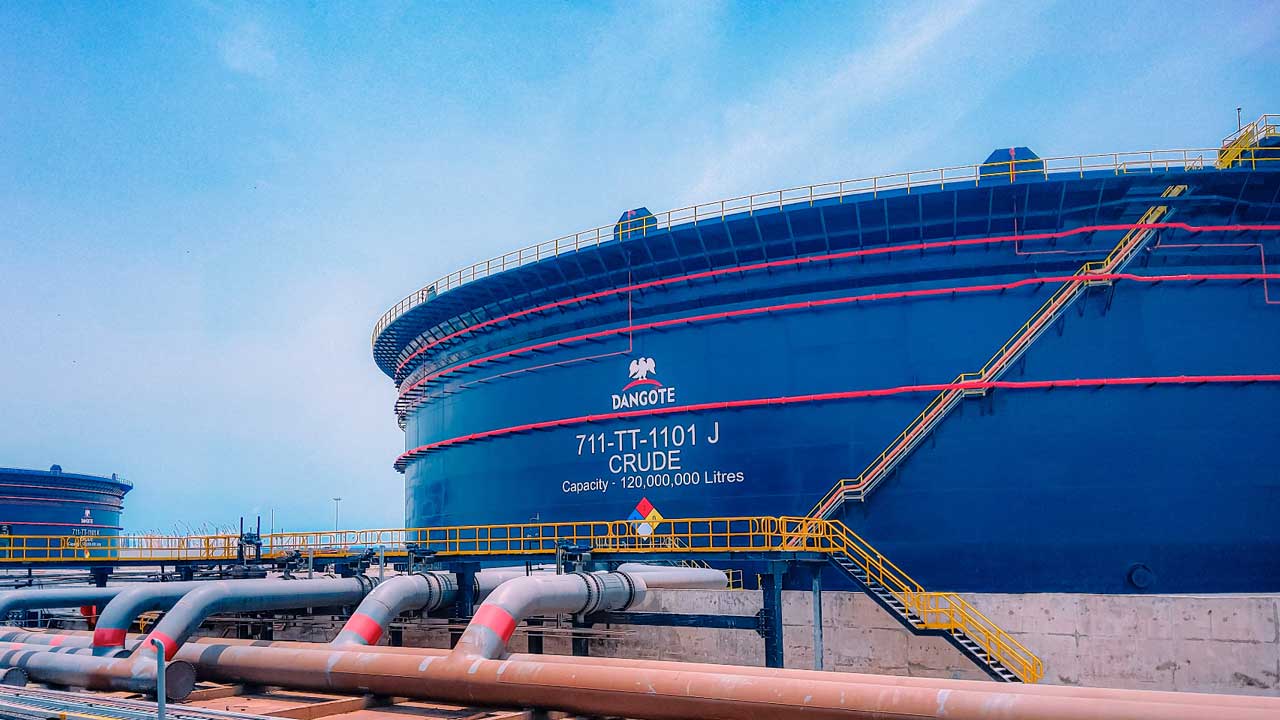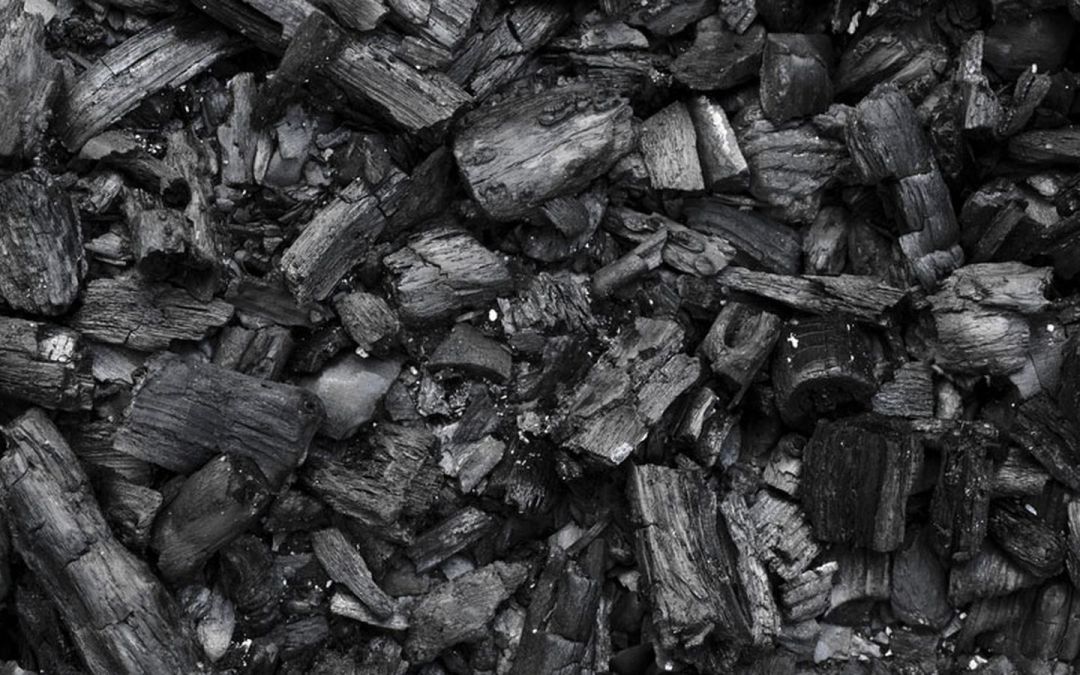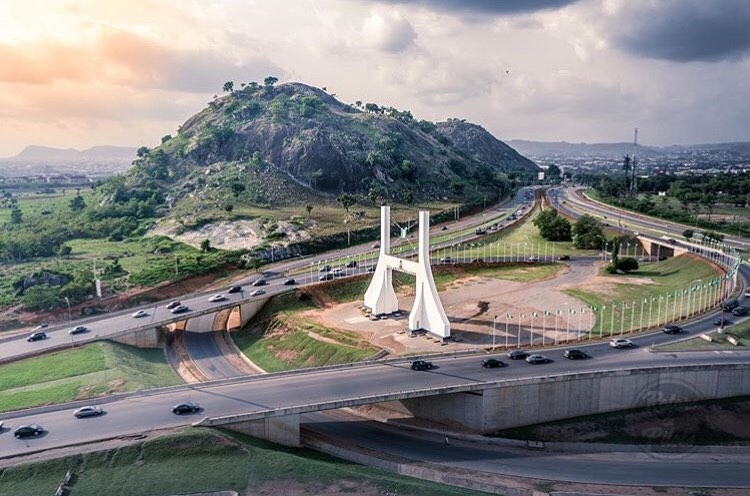•2024 oil, gas, solid minerals report set for release before year-end
Emmanuel Addeh in Abuja
The Nigeria Extractive Industries Transparency Initiative (NEITI) and the Civil Society Legislative Advocacy Centre (CISLAC) yesterday pledged to deepen their relationship to ensure more transparency in Nigeria’s extractive sector.
Speaking in Abuja during a visit to the leadership of CISLAC, the Executive Secretary of NEITI, Dr Ogbonnaya Orji, who called for a new agenda for civil society, explained that across the world, Civil Society Organisations (CSOs) have proven indispensable in shaping governance outcomes.
Orji stressed that aside from amplifying citizen voices, defending transparency norms, and catalysing reforms that governments and companies alone cannot deliver, globally, CSOs have influenced the direction of international aid, the design of poverty alleviation programmes, and the building of institutions.
According to Orji, within the Extractive Industries Transparency Initiative (EITI), civil society has remained the conscience of the process—demanding disclosures, safeguarding civic space, and ensuring that reforms translate into meaningful impacts for citizens.
Besides, Orji emphasised that civil society has elevated debates on tax justice, climate accountability, illicit financial flows, and debt transparency issues central to sustainable development.
“But as we enter a new era defined by the energy transition, digitalisation, and fiscal pressures, the question before us is not whether civil society matters, but how civil society can redefine and strengthen its role to remain impactful in the years ahead.
“This new agenda calls for civil society to lead in energy transition accountability by developing scorecards that track government and company commitments, and by shaping community transition plans so that no one is left behind.
“It calls for CSOs to go beyond demanding contract and beneficial ownership disclosures, to analysing them, interpreting risks, and distilling lessons for policy and citizens. It calls for more engagement on resource mobilisation and fiscal justice, providing alternative policy options on revenue, subsidy reforms, debt sustainability, and equitable development.
“And it calls for vigilance in curbing illicit financial flows, building civic observatories, and collaborating with investigative journalists, financial intelligence units, and global watchdogs,” the NEITI executive secretary maintained.
At NEITI, he stated that the organisation has deliberately created institutional linkages to support civil society in this journey and has reinvigorated the Inter-Ministerial Task Team to follow up on audit recommendations, and strengthened the Companies Forum to bring government, industry, and citizens into regular dialogue.
He called on CISLAC to work closely with NEITI, opining that the time has come for CSOs to look inward and embrace a new agenda that elevates their roles from monitoring NEITI to providing broader oversight of the extractive industries, from routine advocacy to knowledge leadership and from episodic interventions to structured impact.
Also speaking, Executive Director of CISLAC, Auwal Rafsanjani, described NEITI as a natural ally, highlighting the need for both organisations to work to deepen openness in the country’s extractive industries.
“We see this engagement not merely as a formal courtesy, but as a reaffirmation of our shared commitment to transparency, accountability, and reform in Nigeria’s extractive industries. This meeting is significant not just for what we hope to achieve today, but also for the history that binds us,” Rafsanjani stated.
He pointed out that CISLAC’s core mission, to deepen legislative and institutional reform for social justice and good governance, finds full expression in NEITI’s work.
“Both of our institutions are anchored in transparency. More importantly, both are driven by a people-centered vision: that Nigeria’s vast natural wealth must be used for the benefit of all Nigerians, not just the privileged few,” he added.
The post NEITI, CISLAC Partner to Deepen Transparency, Drive Reforms in Nigeria’s Extractive Sector appeared first on THISDAYLIVE.



